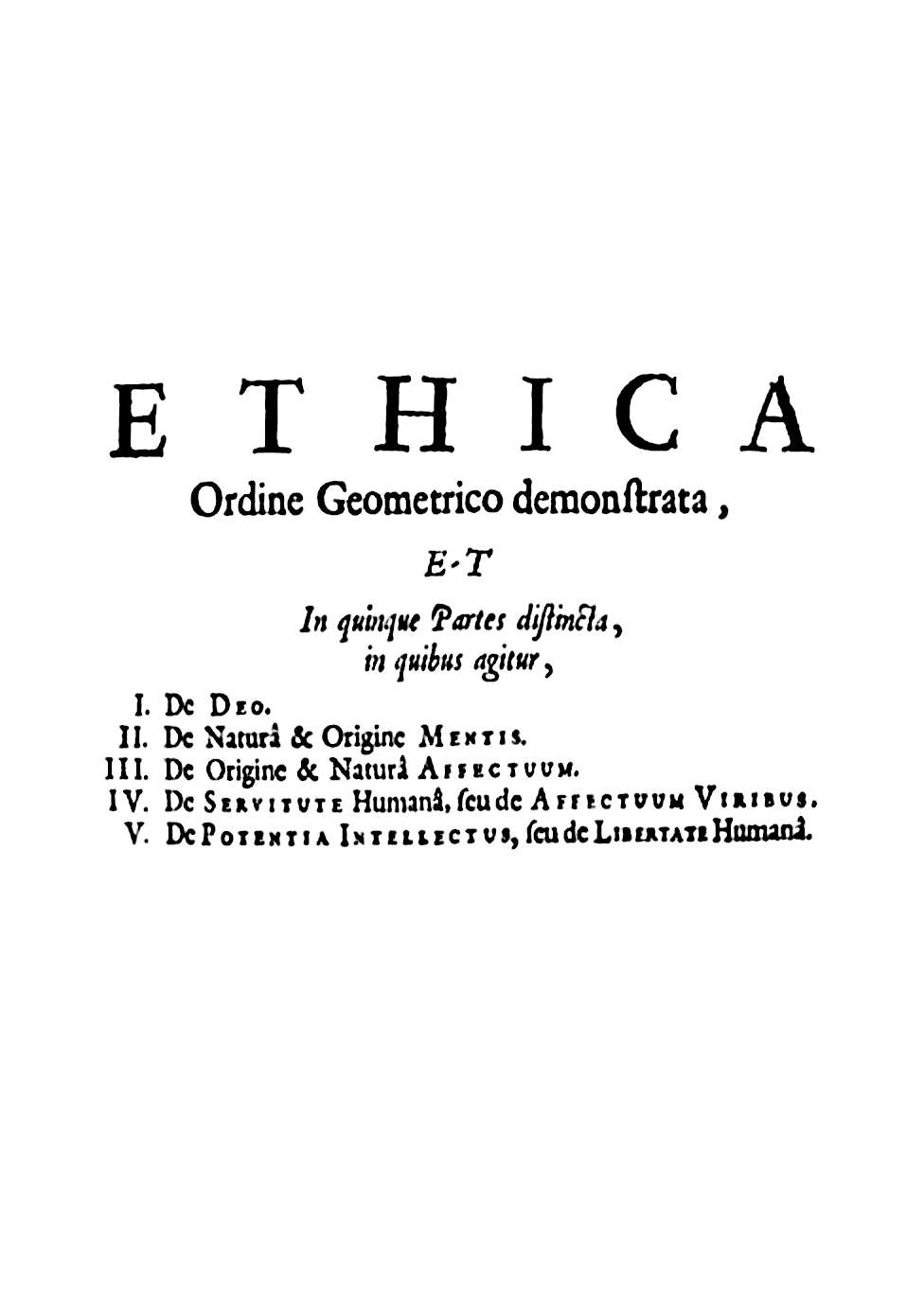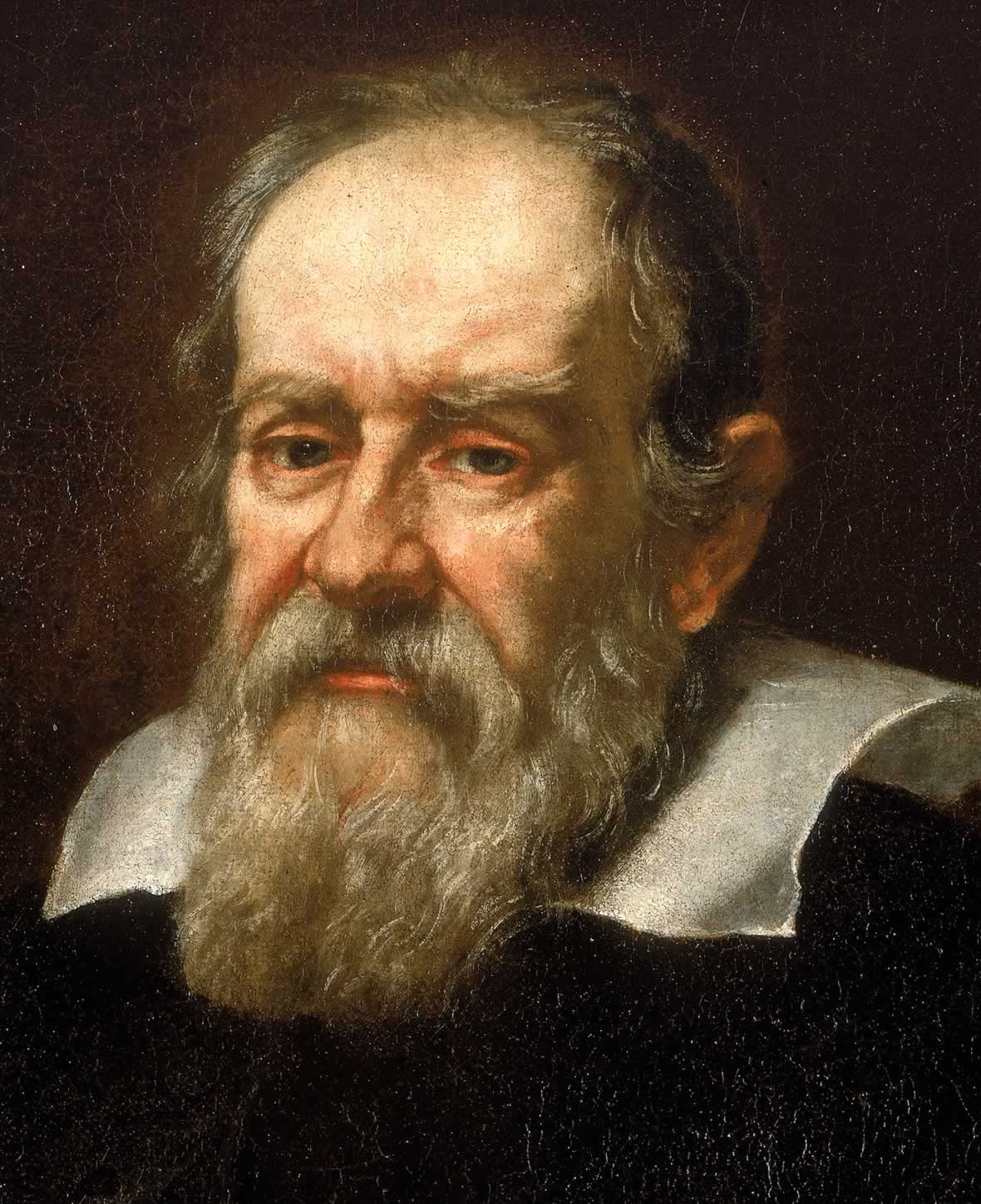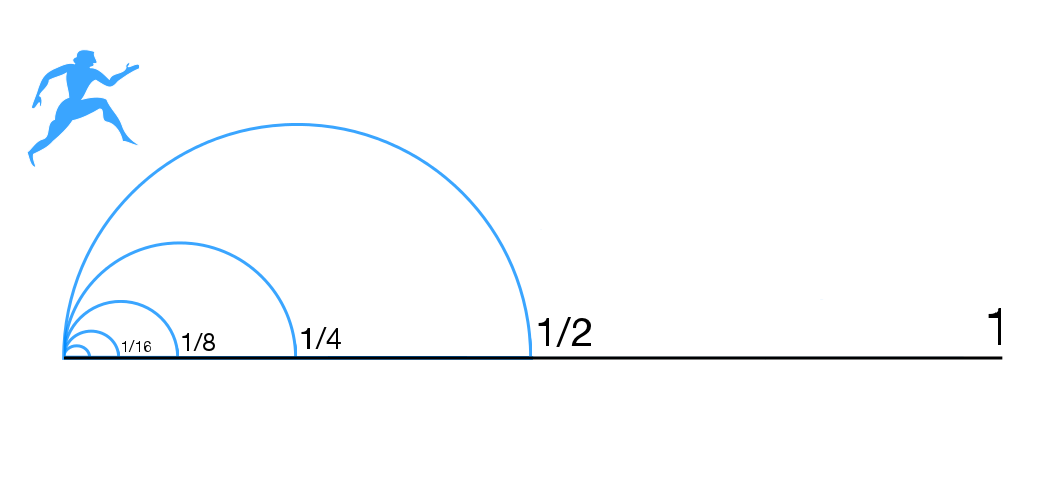|
Conatus
In the philosophy of Baruch Spinoza, conatus (; :wikt:conatus; Latin for "effort; endeavor; impulse, inclination, tendency; undertaking; striving") is an innate inclination of a thing to continue to exist and enhance itself. This "thing" may be mind, matter, or a combination of both, and is often associated with God's will in a pantheist view of nature. The ''conatus'' may refer to the instinctive "will to live" of living organisms or to various metaphysical theories of motion and inertia. Today, ''conatus'' is rarely used in the technical sense, since classical mechanics uses concepts such as inertia and conservation of momentum that have superseded it. It has, however, been a notable influence on later thinkers such as Arthur Schopenhauer and Friedrich Nietzsche. Definition and origin The Latin '' cōnātus'' comes from the verb '' cōnor'', which is usually translated into English as, "to endeavor"; used as an abstract noun, ''conatus'' is an innate inclination of a thing ... [...More Info...] [...Related Items...] OR: [Wikipedia] [Google] [Baidu] |
René Descartes
René Descartes ( or ; ; Latinized: Renatus Cartesius; 31 March 1596 – 11 February 1650) was a French philosopher, scientist, and mathematician, widely considered a seminal figure in the emergence of modern philosophy and science. Mathematics was central to his method of inquiry, and he connected the previously separate fields of geometry and algebra into analytic geometry. Descartes spent much of his working life in the Dutch Republic, initially serving the Dutch States Army, later becoming a central intellectual of the Dutch Golden Age. Although he served a Protestant state and was later counted as a deist by critics, Descartes considered himself a devout Catholic. Many elements of Descartes' philosophy have precedents in late Aristotelianism, the revived Stoicism of the 16th century, or in earlier philosophers like Augustine. In his natural philosophy, he differed from the schools on two major points: first, he rejected the splitting of corporeal substance i ... [...More Info...] [...Related Items...] OR: [Wikipedia] [Google] [Baidu] |
Ethics (Spinoza)
''Ethics, Demonstrated in Geometrical Order'' ( la, Ethica, ordine geometrico demonstrata), usually known as the ''Ethics'', is a philosophical treatise written in Latin by Baruch Spinoza (Benedictus de Spinoza). It was written between 1661 and 1675 and was first published posthumously in 1677. The book is perhaps the most ambitious attempt to apply the method of Euclid in philosophy. Spinoza puts forward a small number of definitions and axioms from which he attempts to derive hundreds of propositions and corollaries, such as "When the Mind imagines its own lack of power, it is saddened by it", "A free man thinks of nothing less than of death", and "The human Mind cannot be absolutely destroyed with the Body, but something of it remains which is eternal." Summary Part I: Of God The first part of the book addresses the relationship between God and the universe. Spinoza was engaging with a tradition that held: God exists outside of the universe; God created the universe ... [...More Info...] [...Related Items...] OR: [Wikipedia] [Google] [Baidu] |
Inertia
Inertia is the idea that an object will continue its current motion until some force causes its speed or direction to change. The term is properly understood as shorthand for "the principle of inertia" as described by Newton in his first law of motion. After some other definitions, Newton states in his first law of motion: The word "perseveres" is a direct translation from Newton's Latin. Other, less forceful terms such as "to continue" or "to remain" are commonly found in modern textbooks. The modern use follows from some changes in Newton's original mechanics (as stated in the ''Principia'') made by Euler, d'Alembert, and other Cartesians. The term inertia comes from the Latin word ''iners'', meaning idle, sluggish. The term inertia may also refer to the resistance of any physical object to a change in its velocity. This includes changes to the object's speed or direction of motion. An aspect of this property is the tendency of objects to keep moving in a straight li ... [...More Info...] [...Related Items...] OR: [Wikipedia] [Google] [Baidu] |
Gottfried Leibniz
Gottfried Wilhelm (von) Leibniz . ( – 14 November 1716) was a German polymath active as a mathematician, philosopher, scientist and diplomat. He is one of the most prominent figures in both the history of philosophy and the history of mathematics. He wrote works on philosophy, theology, ethics, politics, law, history and philology. Leibniz also made major contributions to physics and technology, and anticipated notions that surfaced much later in probability theory, biology, medicine, geology, psychology, linguistics and computer science. In addition, he contributed to the field of library science: while serving as overseer of the Wolfenbüttel library in Germany, he devised a cataloging system that would have served as a guide for many of Europe's largest libraries. Leibniz's contributions to this vast array of subjects were scattered in various learned journals, in tens of thousands of letters and in unpublished manuscripts. He wrote in several languages, pr ... [...More Info...] [...Related Items...] OR: [Wikipedia] [Google] [Baidu] |
Thomas Hobbes
Thomas Hobbes ( ; 5/15 April 1588 – 4/14 December 1679) was an English philosopher, considered to be one of the founders of modern political philosophy. Hobbes is best known for his 1651 book '' Leviathan'', in which he expounds an influential formulation of social contract theory. In addition to political philosophy, Hobbes contributed to a diverse array of other fields, including history, jurisprudence, geometry, theology, and ethics, as well as philosophy in general. Biography Early life Thomas Hobbes was born on 5 April 1588 (Old Style), in Westport, now part of Malmesbury in Wiltshire, England. Having been born prematurely when his mother heard of the coming invasion of the Spanish Armada, Hobbes later reported that "my mother gave birth to twins: myself and fear." Hobbes had a brother, Edmund, about two years older, as well as a sister named Anne. Although Thomas Hobbes's childhood is unknown to a large extent, as is his mother's name, it is known that Ho ... [...More Info...] [...Related Items...] OR: [Wikipedia] [Google] [Baidu] |
Motion
In physics, motion is the phenomenon in which an object changes its position with respect to time. Motion is mathematically described in terms of displacement, distance, velocity, acceleration, speed and frame of reference to an observer and measuring the change in position of the body relative to that frame with change in time. The branch of physics describing the motion of objects without reference to its cause is called kinematics, while the branch studying forces and their effect on motion is called dynamics. If an object is not changing relative to a given frame of reference, the object is said to be ''at rest'', ''motionless'', ''immobile'', ''stationary'', or to have a constant or time-invariant position with reference to its surroundings. Modern physics holds that, as there is no absolute frame of reference, Newton's concept of ''absolute motion'' cannot be determined. As such, everything in the universe can be considered to be in motion. Motion applies to various ph ... [...More Info...] [...Related Items...] OR: [Wikipedia] [Google] [Baidu] |
Gravity
In physics, gravity () is a fundamental interaction which causes mutual attraction between all things with mass or energy. Gravity is, by far, the weakest of the four fundamental interactions, approximately 1038 times weaker than the strong interaction, 1036 times weaker than the electromagnetic force and 1029 times weaker than the weak interaction. As a result, it has no significant influence at the level of subatomic particles. However, gravity is the most significant interaction between objects at the macroscopic scale, and it determines the motion of planets, stars, galaxies, and even light. On Earth, gravity gives weight to physical objects, and the Moon's gravity is responsible for sublunar tides in the oceans (the corresponding antipodal tide is caused by the inertia of the Earth and Moon orbiting one another). Gravity also has many important biological functions, helping to guide the growth of plants through the process of gravitropism and influencing th ... [...More Info...] [...Related Items...] OR: [Wikipedia] [Google] [Baidu] |
Intentionality
''Intentionality'' is the power of minds to be about something: to represent or to stand for things, properties and states of affairs. Intentionality is primarily ascribed to mental states, like perceptions, beliefs or desires, which is why it has been regarded as the characteristic ''mark of the mental'' by many philosophers. A central issue for theories of intentionality has been the problem of ''intentional inexistence'': to determine the ontological status of the entities which are the objects of intentional states. An early theory of intentionality is associated with Anselm of Canterbury's ontological argument for the existence of God, and with his tenets distinguishing between objects that exist in the understanding and objects that exist in reality. The idea fell out of discussion with the end of the medieval scholastic period, but in recent times was resurrected by empirical psychologist Franz Brentano and later adopted by contemporary phenomenological philosopher Ed ... [...More Info...] [...Related Items...] OR: [Wikipedia] [Google] [Baidu] |
Integral
In mathematics, an integral assigns numbers to functions in a way that describes displacement, area, volume, and other concepts that arise by combining infinitesimal data. The process of finding integrals is called integration. Along with differentiation, integration is a fundamental, essential operation of calculus,Integral calculus is a very well established mathematical discipline for which there are many sources. See and , for example. and serves as a tool to solve problems in mathematics and physics involving the area of an arbitrary shape, the length of a curve, and the volume of a solid, among others. The integrals enumerated here are those termed definite integrals, which can be interpreted as the signed area of the region in the plane that is bounded by the graph of a given function between two points in the real line. Conventionally, areas above the horizontal axis of the plane are positive while areas below are negative. Integrals also refer to the concept of ... [...More Info...] [...Related Items...] OR: [Wikipedia] [Google] [Baidu] |
Monad (philosophy)
The term ''monad'' () is used in some cosmic philosophy and cosmogony to refer to a most basic or original substance. As originally conceived by the Pythagoreans, the Monad is the Supreme Being, divinity or the totality of all things. In the philosophy of Gottfried Wilhelm Leibniz, there are infinite monads, which are the basic and immaterial elementary particles, or simplest units, that make up the universe. Historical background According to Hippolytus, the worldview was inspired by the Pythagoreans, who called the first thing that came into existence the "monad", which begat (bore) the dyad (from the Greek word for two), which begat the numbers, which begat the point, begetting lines or finiteness, etc. It meant divinity, the first being, or the totality of all beings, referring in cosmogony (creation theories) variously to source acting alone and/or an indivisible origin and equivalent comparators. Pythagorean and Platonic philosophers like Plotinus and Porphyry c ... [...More Info...] [...Related Items...] OR: [Wikipedia] [Google] [Baidu] |
Zeno's Paradoxes
Zeno's paradoxes are a set of philosophical problems generally thought to have been devised by Greek philosopher Zeno of Elea (c. 490–430 BC) to support Parmenides' doctrine that contrary to the evidence of one's senses, the belief in plurality and change is mistaken, and in particular that motion is nothing but an illusion. It is usually assumed, based on Plato's ''Parmenides'' (128a–d), that Zeno took on the project of creating these paradoxes because other philosophers had created paradoxes against Parmenides' view. Thus Plato has Zeno say the purpose of the paradoxes "is to show that their hypothesis that existences are many, if properly followed up, leads to still more absurd results than the hypothesis that they are one." Plato has Socrates claim that Zeno and Parmenides were essentially arguing exactly the same point. Some of Zeno's nine surviving paradoxes (preserved in Aristotle's ''Physics'' [...More Info...] [...Related Items...] OR: [Wikipedia] [Google] [Baidu] |







